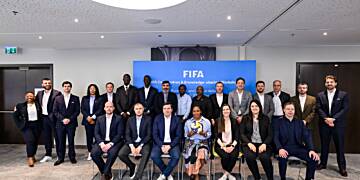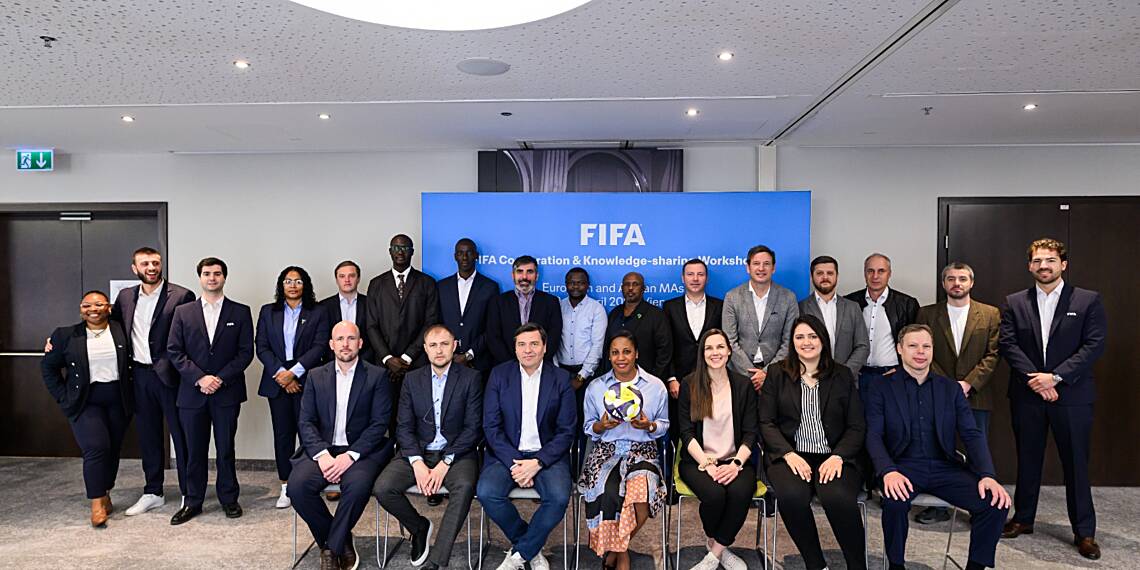Cameroon, Gabon, Morocco, Senegal, and Tanzania are the five African member associations (MAs) participating in a cross-confederation FIFA Exchange Workshop in Vienna, Austria, from April 28 to 30, 2025.
Organized by FIFA and hosted by the Austrian Football Federation, the workshop also features European counterparts from Finland, Georgia, Moldova, and Wales, reflecting FIFA’s continued commitment to global football development through collaboration and knowledge sharing.
The three-day session focuses on five key areas critical to football development:
-
Sustainability of elite club competitions
-
Investment in football infrastructure
-
Accelerating women’s football development
-
Enhancing participation and hosting of international tournaments
-
Improving governance and financial control
These topics align with FIFA’s vision to promote unity, progress, and solidarity among member associations, while strengthening individual capacities to face shared challenges.
FIFA Chief Member Associations Officer and Europe Regional Director, Elkhan Mammadov, highlighted the importance of such initiatives:
“This is already the second knowledge exchange. The previous one was held in Uzbekistan and brought together federations from Europe and Asia. Here in Austria, we’re creating the same environment of excellence with African federations. Collaboration is key to overcoming our challenges and unlocking new opportunities.”
Echoing his sentiments, FIFA Deputy Chief Member Associations Officer and Africa Regional Director, Gelson Fernandes, added:
“This workshop is a powerful example of how cross-confederation cooperation can accelerate football development. Many federations face similar challenges, regardless of geography. Sharing ideas openly benefits us all.”
Each participating country is represented by two delegates, and the workshop offers a platform for exchanging best practices, exploring innovations, and strengthening ties between regions.
FIFA’s goal is to foster long-term growth and sustainability in football by promoting collaboration between its 211 member associations through targeted workshops like this, driving development not only locally, but globally.




















